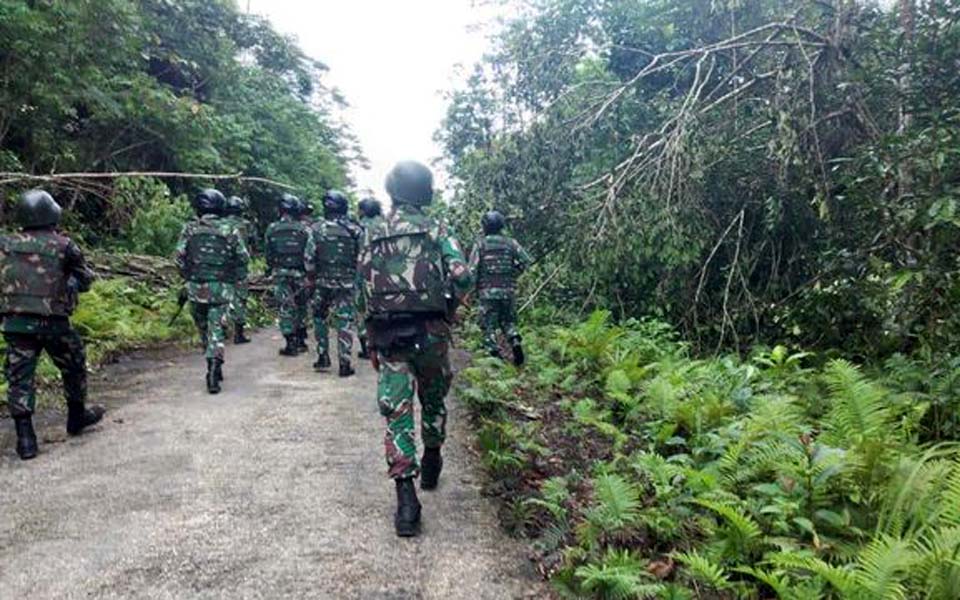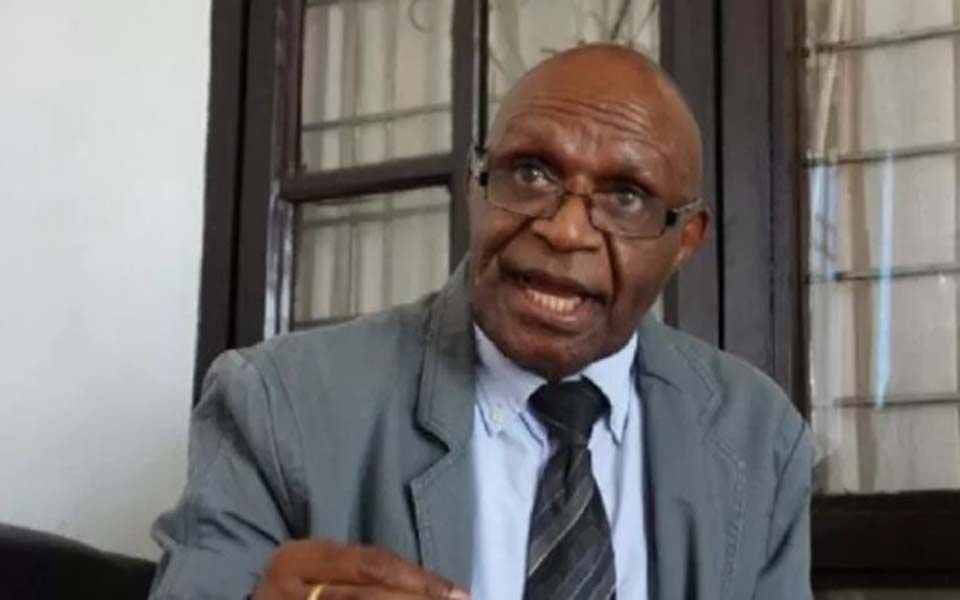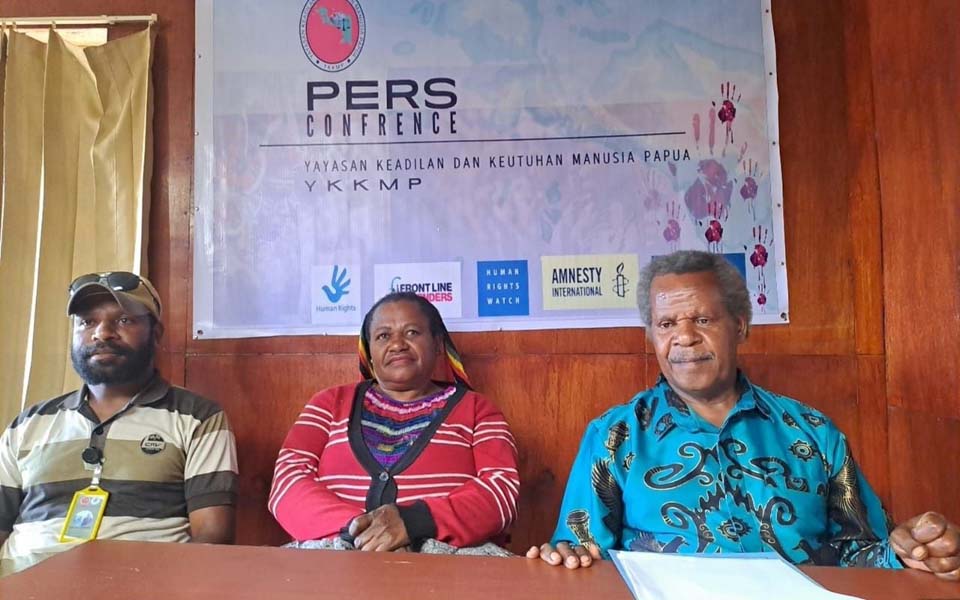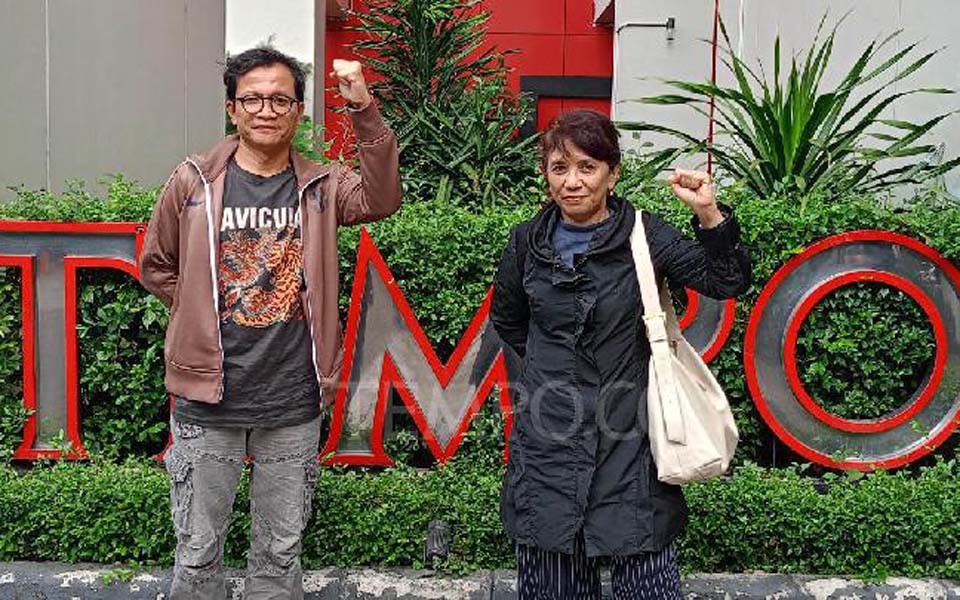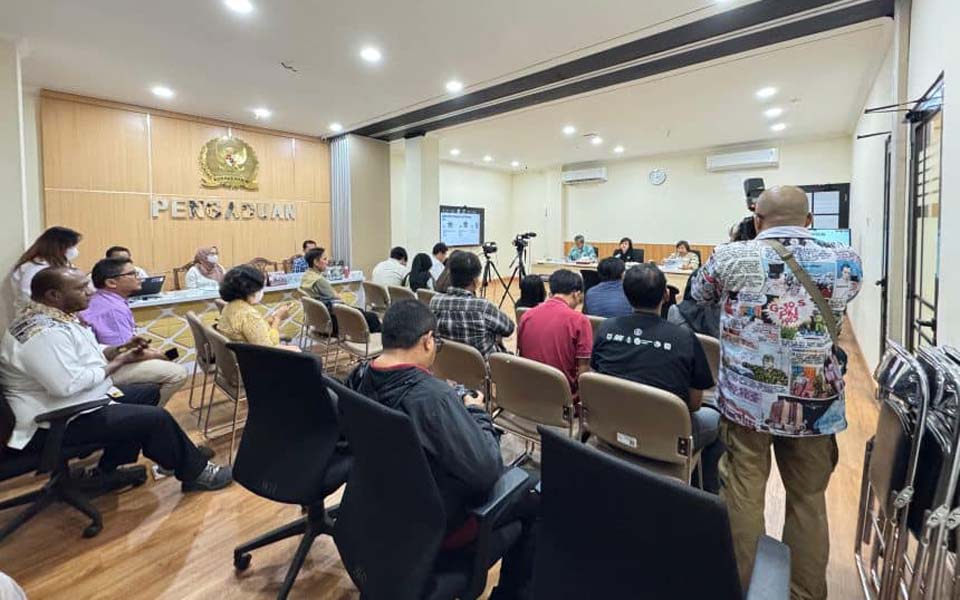Jakarta – The latest exchange of fire between the Indonesian military (TNI) and a Papuan armed criminal group in the Gome district of Puncak regency, Papua, has again claimed lives. In total, as many as three TNI personnel were killed during the armed contact as of Thursday January 27.
Incidents involving Papuan armed criminal groups and the TNI or Polri (Indonesian police) have not subsided despite TNI chief General Andika Perkasa returning responsibility for security operations in Papua and West Papua provinces to organic units as is applied in other provinces.
"In general terms there are several changes that we are making to confront the dynamics of the problems there in the long term, namely by returning the duties or operations in Papua and West Papua to being part of the duties of organic units like in other provinces and islands", said Perkasa during a working meeting with the House of Representatives (DPR) Commission I at the parliamentary complex in Senayan, Jakarta, on Monday January 24.
Perkasa said that they will add eight new district military commands (Kodim) in Papua and West Papua, namely in Paniai, Intan Jaya, Puncak, Lani Jaya, Yalimo, Pegunungan Bintang and Nduga.
"In general in Papua there are eight additional points at the moment which we do indeed think, if looked at in terms of needs, which are lacking, but these eight are important because of our capacity", he said.
In response to the latest clash, Perkasa has flown directly to the land of the Cenderawasih as Papua is known. TNI information centre director Major General Prantara Santosa said that Perkasa is conducting an internal evaluation during his visit to Papua.
"An internal evaluation", said Santosa when contacted by CNN Indonesia on Friday January 28.
Realising dialogue
National Research and Innovation Agency (BRIN) international politics and conflict resolution analyst Adriana Elisabeth says that the government must immediately realise dialogue in order to end the conflict in Papua.
According to Elisabeth, the development and security approach being used by the government in Papua up until now has been proven to be unsuccessful.
"There is a development approach, there's is a security approach, it turns out that this is not enough, the evidence being that the conflict has continued to this day", Elisabeth told CNN Indonesia on Friday.
He also noted that the Presidential Instruction on the Acceleration of Development and Welfare in Papua and West Papua Provinces already states that the government must hold a dialogue and develop a new paradigm with new mechanisms.
The government, said Elisabeth, must begin planning a dialoged in order to end the conflict in Papua because it cannot be done instantly.
"If it's not planned and begun immediately we won't know the result. The two most dominant approaches applied in conflict areas up until now have been development and state security and certainly there are pros and cons. The government intends well, Papua is suspicious. Papua opens up, the government is suspicious", she said.
Elisabeth suggests that the government continue the work of the team established in 2017 to open dialogue with the Papuan people. At the time, the team was comprised of Coordinating Minister for Security, Politics and Legal Affairs Wiranto, Presidential Chief of Staff Teten Masduki and Papua Peace Network (JDP) Chairperson Catholic priest Father Neles Tebay.
According to Elisabeth, all of the related parties must be involved in such a dialogue, including hard-line groups.
"If there is dialogue, all elements must be invited to the dialogue, the TNI, the Polri and the hard-line groups there. Dialogue cannot just be between groups that are pro-NKRI [the Unitary State of the Republic of Indonesia, pro-integration]. There have yet to be any serious steps to prepare for dialogue", she said.
Thorough evaluation
Speaking in the same vein, security observer Beni Sukadis says that the exchange of fire which occurred recently in Gome district further demonstrates that the security approach is not working effectively in Papua.
According to Sukadis however, General Perkasa cannot automatically change the approach being used in Papua because the decision to change this is in the hands of President Joko "Jokowi" Widodo.
"Andika cannot [just] change the approach in Papua, it's impossible for the TNI to do this. It's a political decision because they are a tool of the state to quell violence and pursue enemies of the state. The TNI carries out the instructions or political decisions of the government", he said.
Based on this he is asking the government to conduct a thorough evaluation of the security approach which has been applied in Papua up until now.
After conducting an evaluation, according to Sukadis, the government must prioritise a political approach by holding a dialogue with the various significant groups in Papua. Sukadis added that a political approach has never been tried in Papua up until now.
"What's important is there is a political approach, that the government is prepared to hold a dialogue with significant groups which hold to the ideal of separating themselves from Papua [sic], it must not just be armed groups but political groups [also]", he said.
Furthermore, he reminded the government that it does not need to be afraid of using a political approach. According to Sukadis, a political approach will not automatically lead to the signing of a peace deal or organising a referendum.
Sukadis said that Indonesia already has a positive record of successfully reaching peace with the Acehnese separatist group the Free Aceh Movement (GAM) in 2005.
"In Aceh in 2005 when we had peace with GAM there was no referendum, why are we afraid of dialogue, particularly with political groups. Try sounding them out, it seems like this hasn't been pursued yet", he said. (mts/fra)
[Translated by James Balowski. The original title of the article was "Konflik Papua dan Ketakutan Pemerintah Buka Dialog".]





